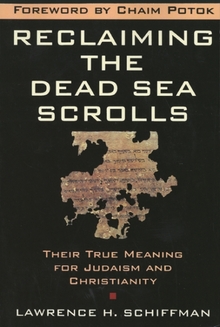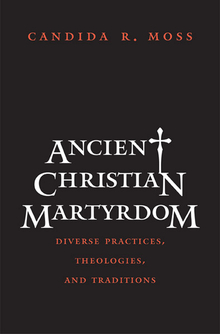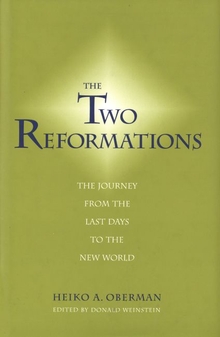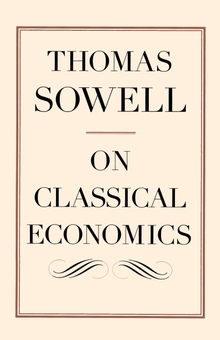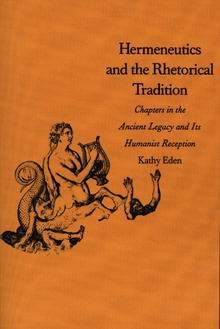Friends Hold All Things in Common
WARNING
You are viewing an older version of the Yalebooks website. Please visit out new website with more updated information and a better user experience: https://www.yalebooks.com
Tradition, Intellectual Property, and the Adages of Erasmus
Kathy Eden
Erasmus’ Adages—a vast collection of the proverbial wisdom of Greek and Roman antiquity—was published in 1508 and became one of the most influential works of the Renaissance. It also marked a turning point in the history of Western thinking about literary property. At once a singularly successful commercial product of the new printing industry and a repository of intellectual wealth, the Adages looks ahead to the development of copyright and back to an ancient philosophical tradition that ideas should be universally shared in the spirit of friendship.
In this elegant and tightly argued book, Kathy Eden focuses on both the commitment to friendship and common property that Erasmus shares with his favorite philosophers—Pythagoras, Plato, and Christ—and the early history of private property that gradually transforms European attitudes concerning the right to copy. In the process she accounts for the peculiar shape of Erasmus’ collection of more than 3,000 proverbs and provides insightful readings of such ancient philosophical and religious thinkers as Pythagoras, Plato, Aristotle, Cicero, Iamblichus, Tertullian, Basil, Jerome, and Augustine.
In this elegant and tightly argued book, Kathy Eden focuses on both the commitment to friendship and common property that Erasmus shares with his favorite philosophers—Pythagoras, Plato, and Christ—and the early history of private property that gradually transforms European attitudes concerning the right to copy. In the process she accounts for the peculiar shape of Erasmus’ collection of more than 3,000 proverbs and provides insightful readings of such ancient philosophical and religious thinkers as Pythagoras, Plato, Aristotle, Cicero, Iamblichus, Tertullian, Basil, Jerome, and Augustine.
Kathy Eden, Mark Van Doren Professor of Humanities at Columbia University, is also the author of Hermeneutics and the Rhetorical Tradition, published by Yale University Press.
“This learned and elegant study of Renaissance views of its relations with antiquity breaks new ground by extending the ancient topos concerning friendship and the question of intellectual property to a broader interpretation of Erasmus’s conciliatory and proprietary relations to the rival traditions of Christianity and classical culture.”—Donald R. Kelley, James Westfall Thompson Professor of History
“This excellent book is full of fine scholarship that throws light on conceptions of intellectual property inherited from the classics by Renaissance scholars.”—Louis Martz, Yale University
“In an age of e-mail, cyberspace, and the internet, Kathy Eden’s timely and important book on Erasmus’ Adages helps us rethink commonly accepted notions of tradition, intellectual property, and friendship. This is humanistic scholarship at its best.”—Victoria Kahn, Professor of English and Comparative Literature, UC Berkeley
“In this slender volume scholars will find an important examination of the intellectual contexts shaping Erasmus’s conceptions of tradition and its relation to the writer. . . . Eden’s readable study offers backgrounds crucial to understanding Erasmus’s developing response in the Adages to the combined literary, philosophical, and Christian traditions.”—Daniel T. Lochman, Sixteenth Century Journal
Co-winner of the 2002 Roland H. Bainton Prize in the Literature category, sponsored by the Sixteenth Century Society and Conference
ISBN: 9780300087574
Publication Date: July 11, 2001
Publication Date: July 11, 2001
208 pages, 5 1/2 x 8 1/4



